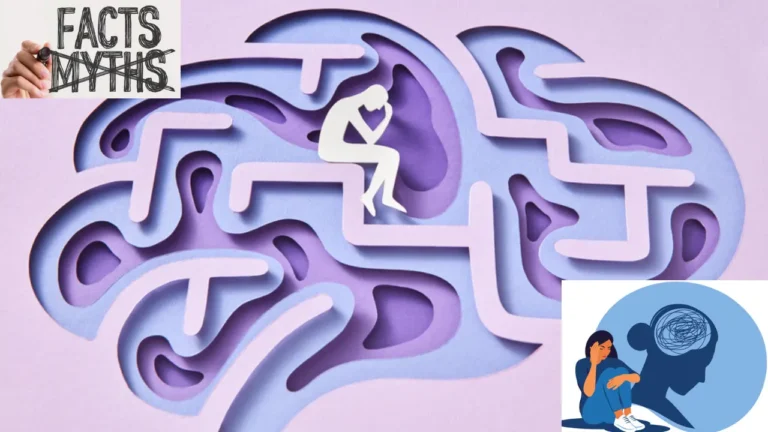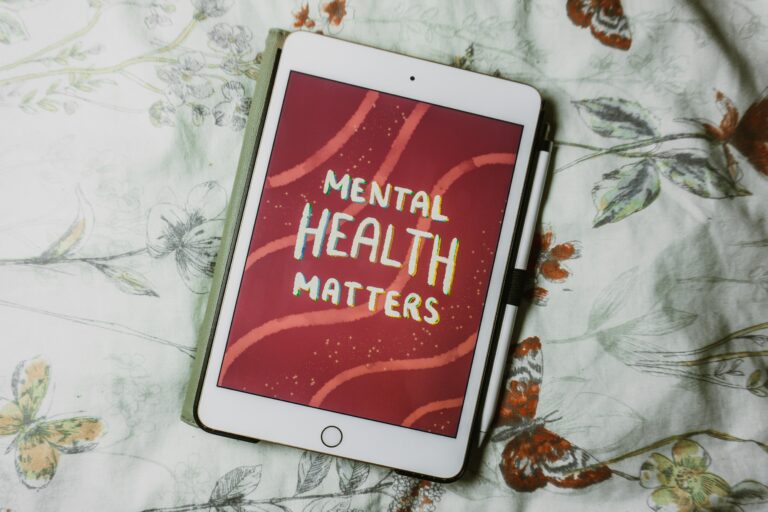The Benefits of Mindful Reading: How It Transforms Your Mental Well-Being
Discover the powerful benefits of mindful reading, from reducing stress to enhancing focus and empathy. Learn practical tips to incorporate this practice into your daily life for better mental health.
The Benefits of Mindful Reading: A Path to Mental Clarity and Well-Being
In today’s fast-paced digital world, it can be challenging to focus on one task for an extended period. Many of us have developed a habit of skimming through information, often multitasking with screens. However, mindful reading offers a refreshing alternative to this hurried lifestyle. By intentionally slowing down and engaging deeply with what you’re reading, you can experience numerous benefits for both your mind and soul.
1. What Is Mindful Reading?
Mindful reading is more than just reading words on a page. It involves being fully present and immersed in the text, absorbing its meaning without distractions. Just like mindfulness meditation, mindful reading requires you to focus your full attention on the present moment, allowing you to connect more deeply with the content.
Quick Tip: Try setting aside 20 minutes each day to read without interruptions. Turn off notifications and find a quiet space to immerse yourself in a book.
2. The Mental Health Benefits of Mindful Reading
a. Reduces Stress and Anxiety
Research shows that reading for just six minutes can reduce stress levels by up to 68%acticed mindfully, reading helps slow down your racing thoughts, making it an effective strategy for managing anxiety. According to the University of Sussex, the act of reading a good book relaxes your muscles, lowers your heart rate, and eases tension.
Hyperlink: Discover more about how reading can reduce stress.
b. Enhances Focus and Concentration
In our digitally distracted world, the ability to concentrate is a skill that’s becoming rare. Practicing mindful reading can strengthen your attention span and improve cognitive focus. A study published in Psychology Today indicates that reading engages multiple parts of the brain, which can improve neural connections and mental agility .
- Related Resource: Explore techniques for improving focus and concentration.
c. Boosts Emotional Intelligence and Empathy
When we read fiction or character-driven narratives, we often place ourselves in the shoes of the characters. This practice helps build empathy and emotional intelligence, essential skills for understanding others. A study by Harvard Business Review highlights that people who read literary fiction are better at recognizing the emotions of others .
3. Mindful Reading vs. Skimming: Why It Matters
In the age of social media and quick content consumption, skimming has become the norm. But what do we lose when we prioritize speed over depth? Mindful reading is the antidote to skimming. Instead of just processing words, you’re fully engaging with the text, leading to better comprehension and retention.
Physical Books vs. Digital Screens
Reading a physical book can offer a more immersive experience than reading on a screen. According to a study by the Norwegian University of Science and Technology, reading on paper improves comprehension and recall better than reading on a digital device. This is because physical books create a tactile experience, which helps the brain to engage more fully with the material .
- Learn more about the advantages of reading physical books.
4. How to Practice Mindful Reading: Tips to Get Started
Incorporating mindful reading into your daily routine can be transformative. Here’s how you can get started:
a. Choose the Right Environment
Find a quiet space free from distractions. This can be a cozy corner in your home, a park, or even a library.
b. Focus on Your Breathing
Before you begin reading, take a few deep breaths to center yourself. This helps set the tone for mindful engagement.
c. Read Slowly and Reflect
Don’t rush through the text. Instead, savor each sentence and let the words sink in. If you come across something thought-provoking, pause to reflect on it.
Hyperlink: For more tips on mindfulness practices, check out our guide on mindfulness techniques.
5. The Science Behind Mindful Reading
Reading mindfully can also improve brain function. According to a study published in Nature Neuroscience, the act of reading stimulates areas of the brain responsible for visual processing, memory, and problem-solving. Engaging deeply with a book activates the brain’s neural pathways, which can help delay cognitive decline as we age .
External Link: Dive into the research on how reading affects brain health.
6. The Power of Mindful Reading in Personal Growth
Mindful reading can be a powerful tool for self-development. Books on psychology, philosophy, and personal growth can inspire you to think differently, challenge your beliefs, and motivate you to make positive changes in your life.
Recommended Reads:
- The Power of Now by Eckhart Tolle
- Thinking, Fast and Slow by Daniel Kahneman
- Man’s Search for Meaning by Viktor Frankl
Conclusion: Embrace Mindful Reading Today
Incorporating mindful reading into your life can bring a sense of calm, improve your mental well-being, and enhance your focus. Whether you’re looking to reduce stress, gain new insights, or simply enjoy the art of storytelling, mindful reading is a powerful practice that can transform your life.
Take a step back from the fast-paced digital world and indulge in the pleasure of reading a good book. Your mind will thank you for it.







4 Comments